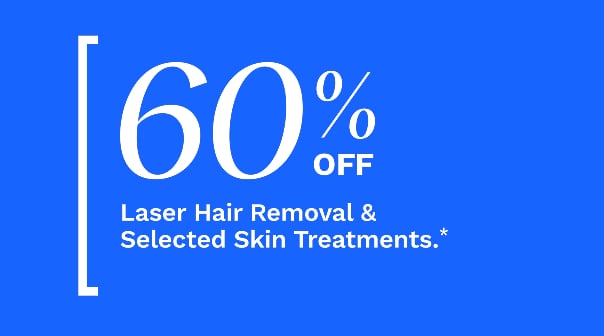Wondering how acne starts and why you get acne scars? Is there any way to manage these concerns? At Laser Clinics New Zealand, you will learn how people get acne, how you can treat acne at home, and our clinics can do to help you fight those scars away.
Read through our blog:
How People Get Acne
Throughout the world, acne may start to become more visible among adolescents between 16 and 18 years old. Sometimes, depending on genetics, stress levels and external factors, others may get it at a younger age, later in life as adults, or never.
People with oily skin types commonly get acne, as well as those who do not cleanse their skin often. Inflammation is also a culprit - this happens when bacteria infect a blocked pore. That’s why it’s important for people to take care of their skin as early as their mid-teens to avoid intense acne, scarring and cysts.
Some people are lucky enough to get the occasional breakout, especially when they use new skincare products (often called acne purging) or, for women, are on the first few days of their menstrual cycle. But others can have severe acne, with red blemishes covering a large part of their cheek and jaw areas.
Acne doesn’t stop at the end of puberty, which is around 24 years of age, and adult acne is pretty common nowadays. It may go on well into your 30s if you do not impose an acne-specific skincare routine or seek medical treatment. It’s best to talk to a dermatologist who can give you advice on how to prevent or manage your acne.
Acne Scars
Acne scars are not inherently bad. In fact, it is a sign that your skin is healing itself. According to Cleveland Clinic, one in five people between the ages of 11 and 30 who get acne will have acne scars.
Scarring happens after the pore becomes inflamed - often caused by excessively oily skin, dead skin cells and proliferation of bacteria. When this happens, the pore will become swollen and eventually breaks down.
This heals quickly but may leave a small scar that will eventually fade but there are cases when these blemishes affect the surrounding tissue and lead to even deeper acne scars. Acne scars are signs that your skin is doing its job, thanks to collagen, but raised scars may be a byproduct if there is too much collagen involved in the healing process.
How to Remove Acne Scars at Home
While it is true that acne scars do fade eventually, it may be slower for some than others. If you want to quickly treat it at home, you can try these solutions:
Salicylic Acid
The most common beta hydroxy acid (BHA) is salicylic acid and is known to minimise the appearance of scarring. It also helps clean your pores. Usually added into products during the cleansing and prep phases of a skincare routine, salicylic acid can be found in facial cleansers and exfoliators or toners targeted at people with oily skin.
Azelaic Acid
Azelaic acid is naturally produced by our skin but it’s also available as an exfoliator in several skincare brands. This acid helps out smoothen bumps on your skin, aside from treating acne and easing mild rosacea. Best to used three times a week, during the evening.
Retinoids
Best used at night, retinoids, which are a synthetic form of Vitamin A, helps in preventing inflammation, reducing acne scars and even speeding up cell regeneration. People with darker skin tones who may be worried about acne scars causing hyperpigmentation can use also use retinol.
Please note that you might need advice from your GP or dermatologist to purchase retinoids for your skincare routine.
Cosmetic Treatments Against Acne Scars
There are several cosmetic grade treatments nowadays that can help you manage your acne scars and even reduce acne altogether. You may want to think about getting a treatment when any of the solutions above don’t work. Here are some procedures you can try:
Cosmetic Grade Peels
This procedure helps you improve the appearance of acne scarring. Cosmetic grade peels are chemical solutions that penetrate into the layers of your skin. It not only targets skin blemishes in general but also sun damage, pigmentation and some signs of ageing.
Skin Needling
This treatment involves applying a small roller with tiny needles across the surface of your skin. The needles encourage collagen renewal and a better regeneration response, so acne scars fade away even faster. This also targets signs of aging, as well as pigmentation and enlarged pores.
Can Laser Clinics Treat My Acne Scars?
In case you do need additional treatments that can quickly fade your acne scars and bring back a healthy glow to your skin, book a consultation at your nearest Laser Clinics. One big benefit of coming to Laser Clinics New Zealand is you will be taken care of by an experienced team of therapists who use the latest and safest cosmetic technology. Get the best results after every visit - contact us today or learn more about our acne scar-related treatments today.








